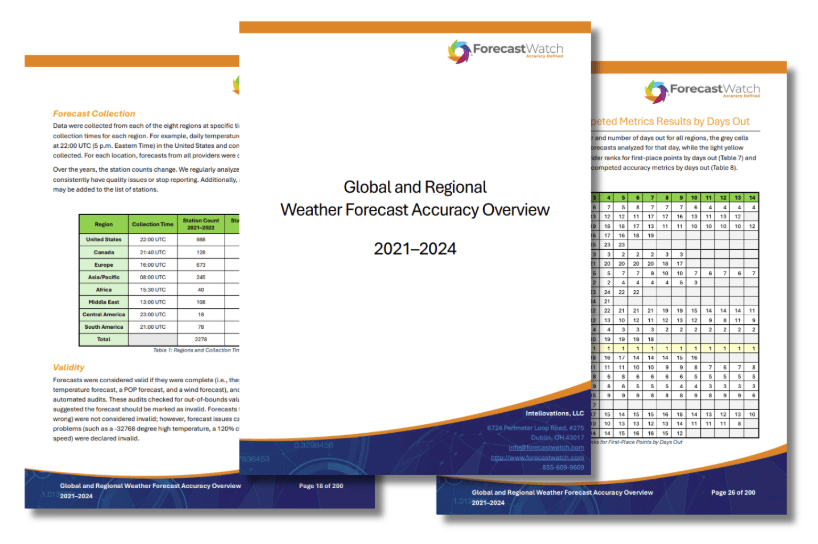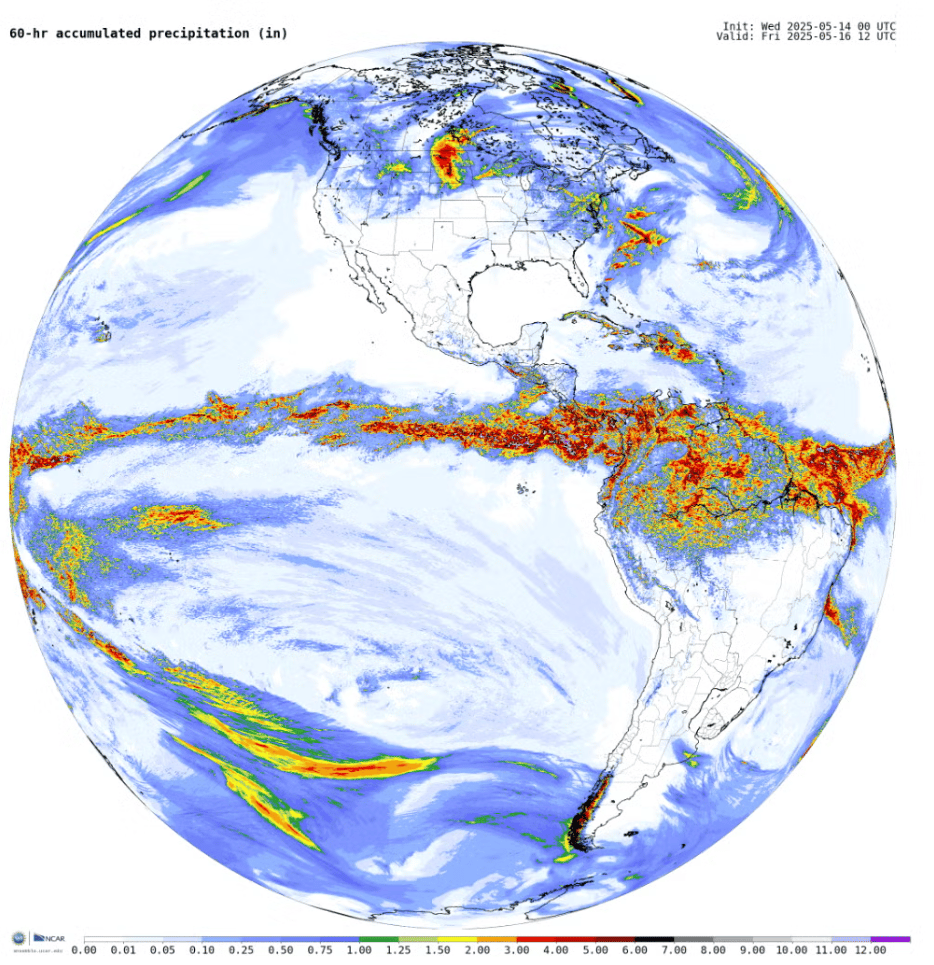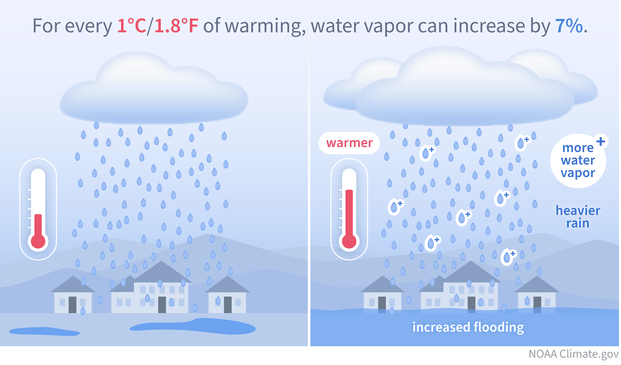- ForecastWatch
- Posts
- ForecastWatch June Wrap-up and News
ForecastWatch June Wrap-up and News
A look back at ForecastWatch blog posts and ClimateWatch newsletters over the last month.
June Wrap-Up
NEW FORECASTWATCH REPORT: Global and Regional Weather Forecast Accuracy Overview 2021-2024
We recently published a new report: Global and Regional Weather Forecast Accuracy Overview 2021-2024!
Although there are many ways to measure accuracy, the overall goal of this report was to identify the most accurate weather forecast provider globally and regionally that produced forecasts out to 14 days, forecasted for all years 2021-2024, and forecasted for all forecast categories.
In our report, we provide a holistic analysis of weather forecast performance for 84 different metrics for forecasts made one to 14 days in advance. We examined over 600 million forecasts from 25 forecast providers from more than 2,100 locations around the world.

AI Models Struggle with Extreme Weather Events
Artificial intelligence has been showing positive results with its ability to forecast weather days in advance. AI models can often run faster and use far less computing power compared to traditional weather forecasting systems. However, AI models struggle when it comes to extreme weather events due to its ability to only predict similar events to what has already happened in the past.
A research team from the University of Chicago, New York University, and the University of California Santa Cruz has begun to study this issue. They set out to determine if a dangerous weather event hasn’t happened in the training data, will the AI model still predict it?

Subscribe to the ClimateWatch newsletter!
Last year, our parent company Intellovations LLC launched a newsletter called ClimateWatch!
The goal is to bring you the week's most pressing climate issues, impacts, trends and forecasts, groundbreaking innovations, and actionable tips in our weekly newsletter dedicated to keeping you up-to-date on climate information. In the future, the plan is to include in-depth analyses from our experts in the newsletter.
Check out the newsletters from June:
Experimental Weather Forecasts Worldwide in Unprecedented Detail
Scientists at the U.S. National Science Foundation National Center for Atmospheric Research (NSF NCAR) have begun running real-time 3km (1.9-mile) experimental weather forecasts for the entire globe. The real-time forecasts are more fine-scale than other real-time global weather models, providing detail down to individual thunderstorms.
Many global models use 12km grid cells, but NSF NCAR’s experimental model uses 3km grid cells. The model is at such a fine-scale that it consists of about 65.5 million horizontal grid cells over the entire Earth’s surface. Each cell has a vertical component as well that includes 55 layers up into the atmosphere.

Research From NOAA Could Improve Extreme Precipitation Forecasting
According to the Fifth National Climate Assessment, heavy precipitation in the contiguous United States has increased since the 1950s. Between 1958-2021, the southeast has seen a 37% increase in total precipitation and the northeast has seen a 60% rise.
Oftentimes, extreme precipitation events can form within a matter of hours, driven by complex moisture, temperature, and wind patterns. NOAA’s Climate Program Office has invested in top researchers to advance climate science and services to try and predict major precipitation events weeks, months, and even years in advance.

We are on social media to let you know what is happening at ForecastWatch, keep you up-to-date on our latest reports and services, and to have a little fun. If you haven't already, give us a follow on Facebook, Instagram, LinkedIn, Bluesky, and Threads!
Welcome to our new newsletter! You are receiving this email because you opted in via our website. If for any reason you have changed your mind and no longer wish to hear from us, you can unsubscribe by clicking the link at the bottom of this email. We really hope you don't because we're looking forward to sending you interesting information in the months ahead.